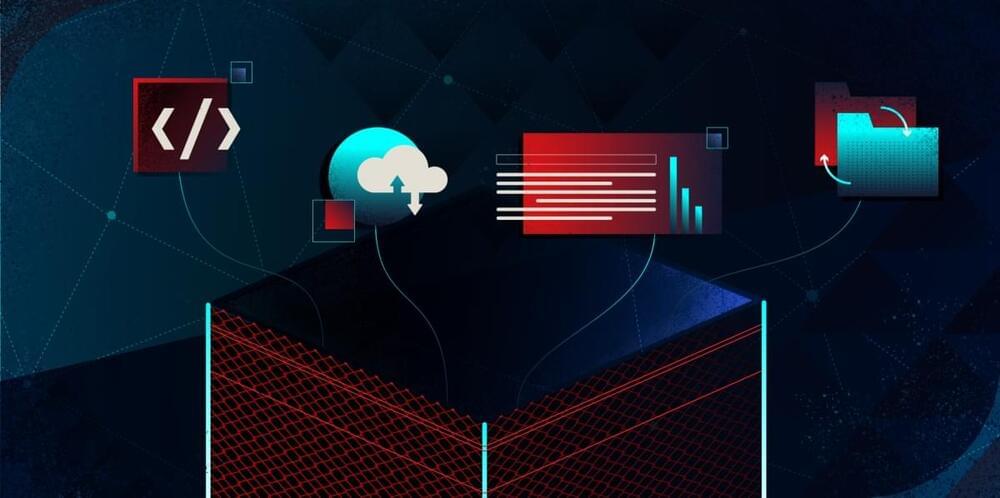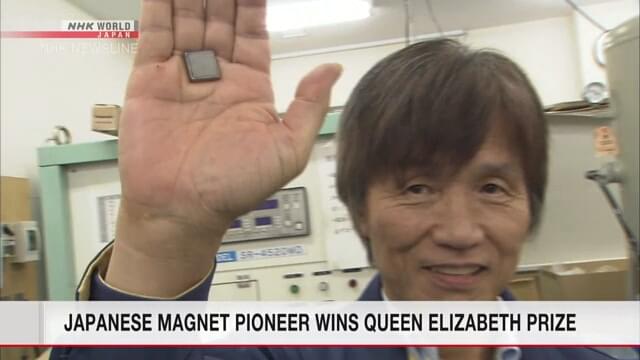
Category: innovation – Page 161

Major breakthrough on nuclear fusion energy — BBC News
European scientists say they have made a major breakthrough in their quest to develop practical nuclear fusion — the energy process that powers the stars.
The UK-based JET laboratory has smashed its own world record for the amount of energy it can extract by squeezing together two forms of hydrogen.
If nuclear fusion can be successfully recreated on Earth it holds out the potential of virtually unlimited supplies of low-carbon, low-radiation energy.
The experiments produced 59 megajoules of energy over five seconds, more than double what was achieved in similar tests back in 1997.
Please subscribe HERE http://bit.ly/1rbfUog.
#BBCNews

Polyphony Digital and Sony AI Announce “Breakthrough” Project Collaboration
An intriguing message has landed on social media from the official Gran Turismo account and the account of Sony AI teasing what’s referred to as a “Gaming Flagship” and “breakthrough project” in AI. The companies, both subsidiary arms of the wider Sony brand, jointly revealed that they’re set to announce the project on Wednesday February 9.
Along with the announcement, Sony AI posted a short, 25-second teaser video. The clip featured something similar to the light traces we’ve been seeing in the Gran Turismo “Find Your Line” video series, as well as short glimpses of double-World Tour champions Igor Fraga and Takuma Miyazono, along with World Tour finalist Emily Jones.
It ends looking in on Polyphony Digital’s main studio in Tokyo, from where Kazunori Yamauchi has recently been presenting GT7 preview videos and the recent Q&A.

Why the metaverse must be open but regulated
But meta company can easily regulate our activity. Eg:- blocking our account.
Widespread accessibility for the metaverse and the technologies that develop it is vital for the metaverse to reach its full potential. Will the metaverse follow a similar path of innovation and regulation as the internet did?

Japanese magnet pioneer wins Queen Elizabeth Prize for Engineering
Japanese researcher Sagawa Masato has won this year’s Queen Elizabeth Prize for Engineering for developing the world’s “strongest” permanent magnet.
The winner of the sixth edition of the British prize was announced online on Tuesday. It had been held every other year since 2013, but became an annual event, starting this year, to keep up with the pace of scientific and technological advances.
Sagawa invented the neodymium-iron-boron magnet, which is said to be the world’s most powerful permanent magnet. The breakthrough led to the development of small and high-performance motors. This has enabled higher-performance products in various fields, such as wind power, electric vehicles and home electrical appliances.
Sword Art Online-inspired VR Headset Cancelled Due to Niche Appeal, Manufacturing Issues
The Daily Roundup is our comprehensive coverage of the VR industry wrapped up into one daily email, delivered directly to your inbox.
Diver-X announced that it’s pulling the plug on HalfDive, announcing that all backers would not be charged for funds collected.
The company mentions three major concerns, which essentially boil down to its niche appeal, inability to reduce costs by producing major components in-house, and resultant cash flow issues due to scalability issues. You can read the full text in the company’s blog post.
“We were faced with the brutal reality that no matter how optimized and multifunctional our device may be for use in sleeping-posture, it is only a replacement of existing VR devices and not yet an interface that brings innovative experiences,” Diver-X says.

What happens when our computers get smarter than we are? | Nick Bostrom
Artificial intelligence is getting smarter by leaps and bounds — within this century, research suggests, a computer AI could be as “smart” as a human being. And then, says Nick Bostrom, it will overtake us: “Machine intelligence is the last invention that humanity will ever need to make.” A philosopher and technologist, Bostrom asks us to think hard about the world we’re building right now, driven by thinking machines. Will our smart machines help to preserve humanity and our values — or will they have values of their own?
TEDTalks is a daily video podcast of the best talks and performances from the TED Conference, where the world’s leading thinkers and doers give the talk of their lives in 18 minutes (or less). Look for talks on Technology, Entertainment and Design — plus science, business, global issues, the arts and much more.
Find closed captions and translated subtitles in many languages at http://www.ted.com/translate.
Follow TED news on Twitter: http://www.twitter.com/tednews.
Like TED on Facebook: https://www.facebook.com/TED

Saudi Arabian stone camels are older than the Pyramids and Stonehenge
Four different measurement tools
Intrigued by the idea that the stone camels might constitute an artistic breakthrough, the aforementioned team of archaeologists — once again headed by Charloux, alongside archeologist Maria Guagnin — tried to see if they could assess their age not through stylistic comparisons but a “technological study” that yielded absolute results, using a variety of measurement tools to determine them.